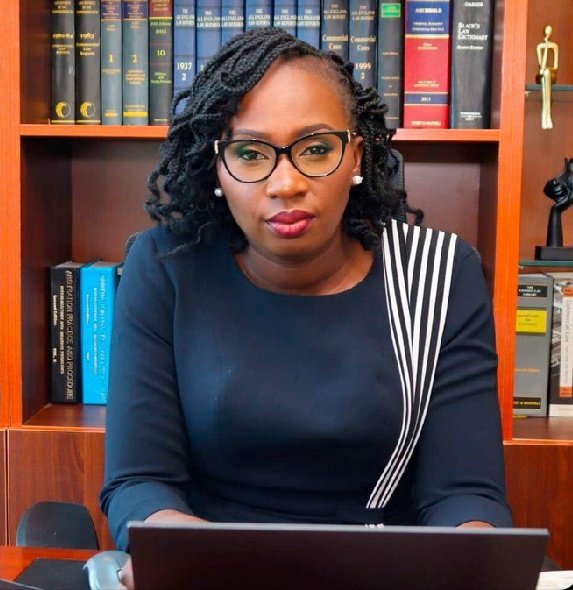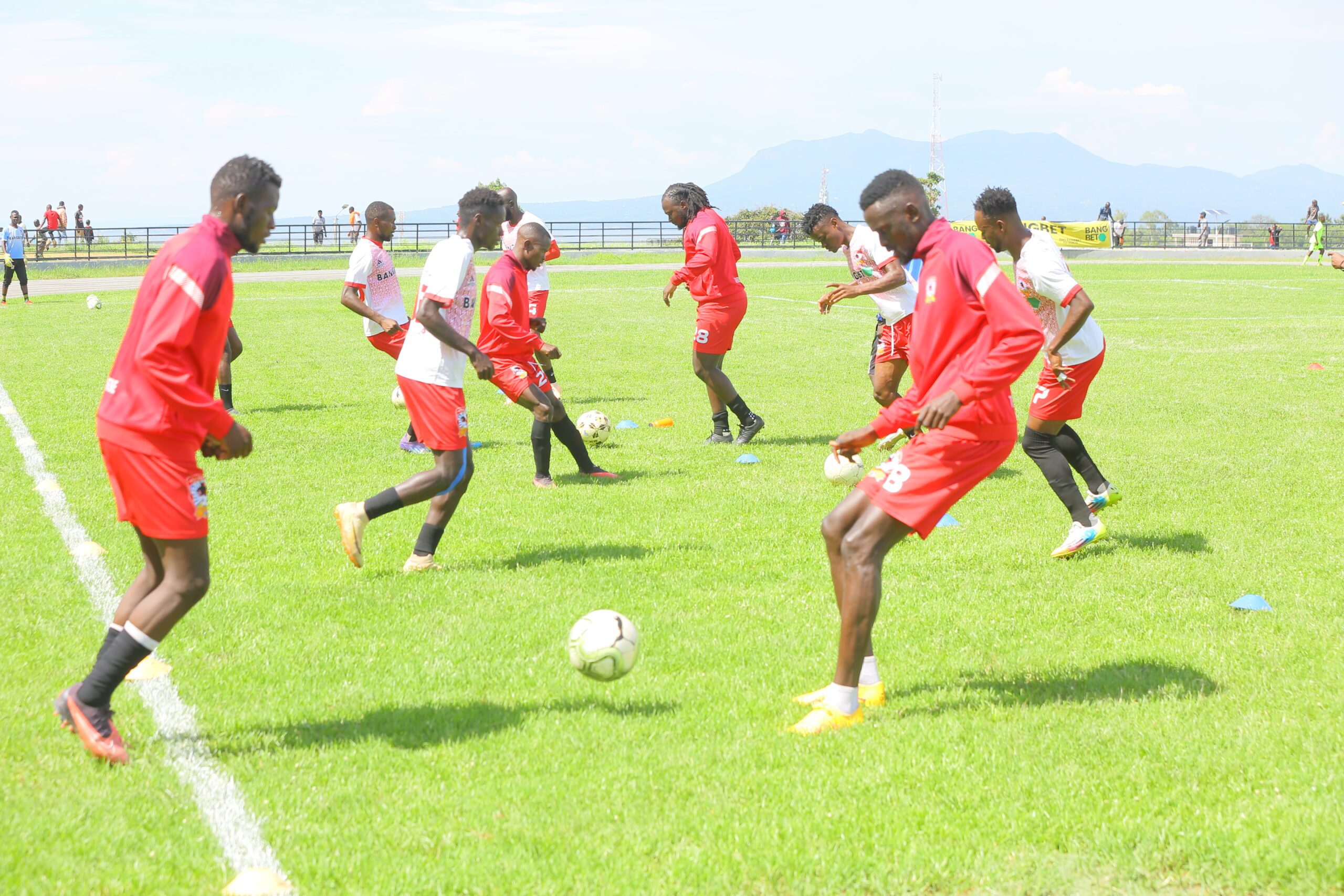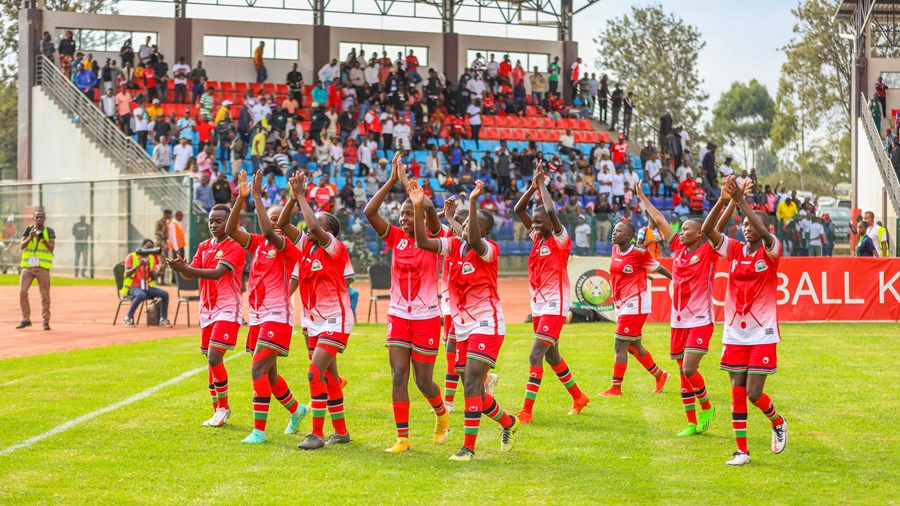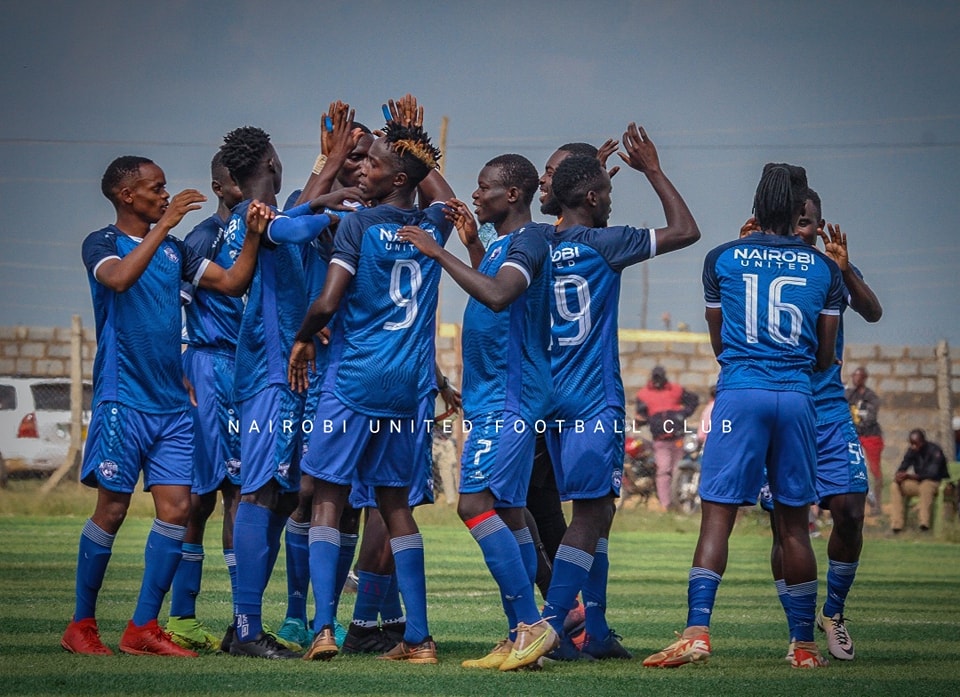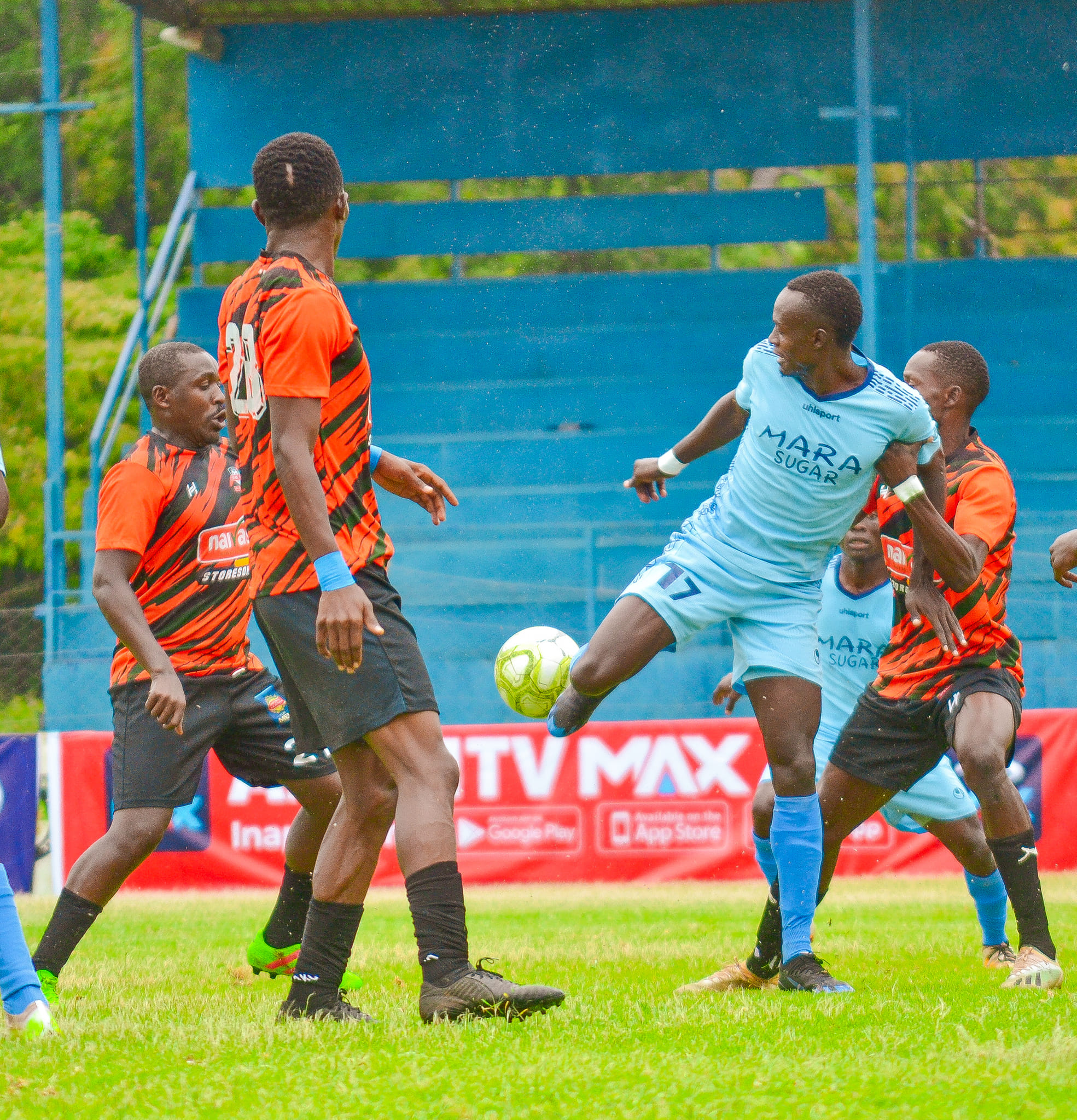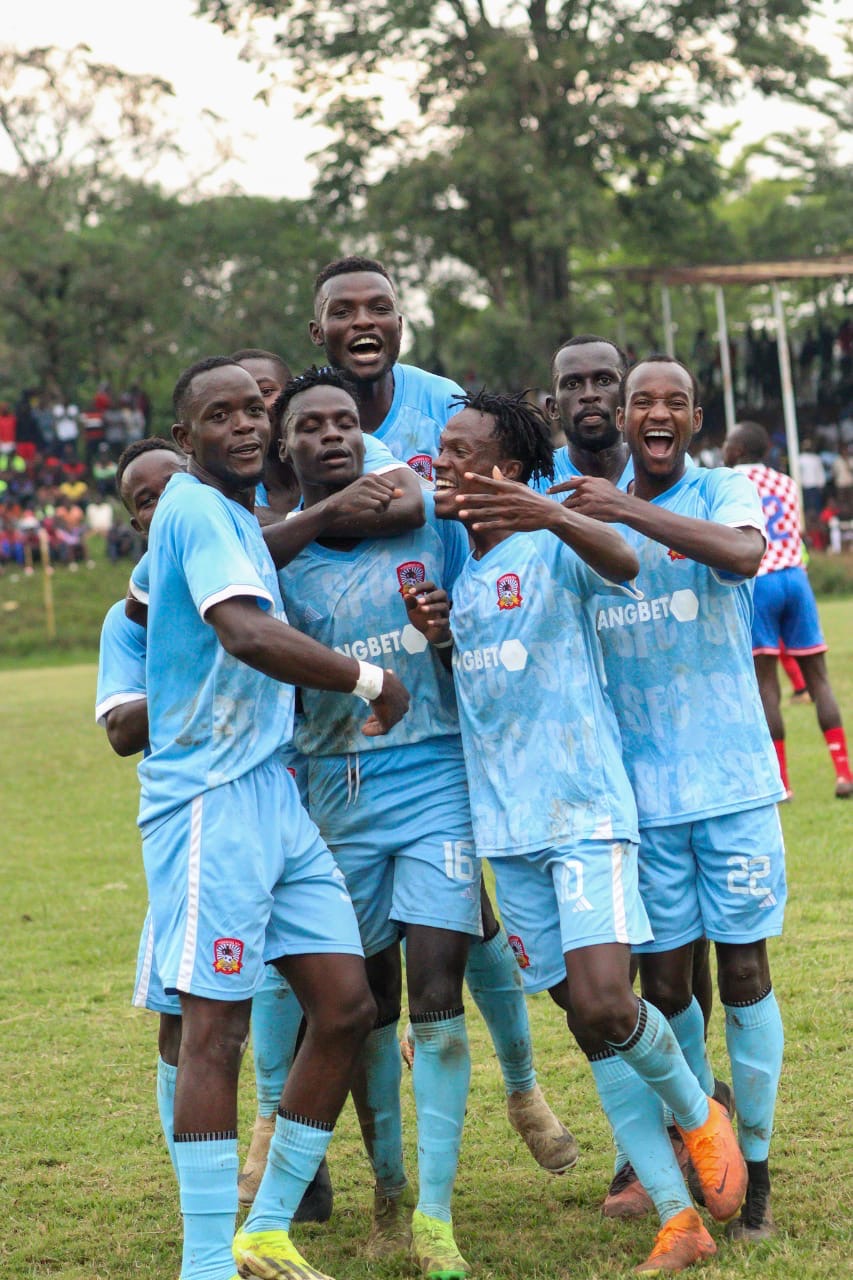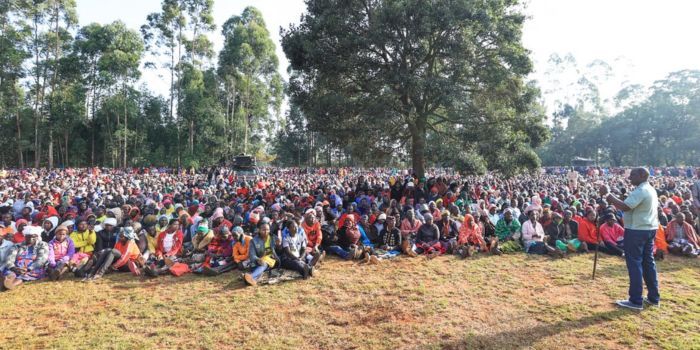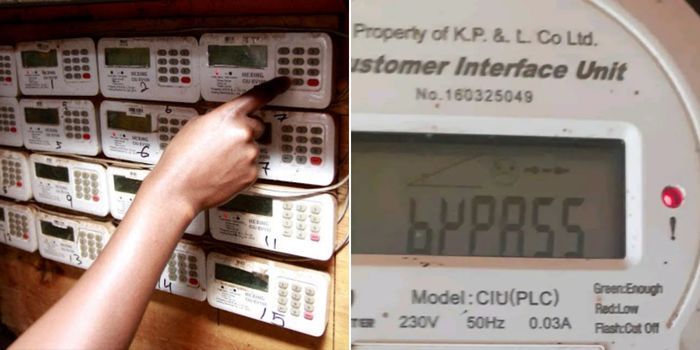ELECTORAL COMMISSION OF RWANDA DECLARES KAGAMEWINNER IN PRESIDENTIAL ELECTIONS


The President of Rwanda, Paul Kagame, has been declared the winner in the general election for his fourth term, capturing 99.15% of the vote. Chrysologue Karangwa, president of the Electoral Commission in Rwanda, said Kagame won 7,099,810 votes out of the votes that were valid, amounting to 9,071,157 in total. His nearest challengers are Frank Habineza of the Democratic Green Party with 38,301 votes at 0.53% and independent candidate Phillipe Mpayimana with 22,753 votes.
At 66 years, Kagame is seeking re-election on the ruling Rwandan Patriotic Front (RPF) ticket. The poll will be the fourth since the 1994 genocide that reshaped the social and political landscape in Rwanda. Apart from the presidential poll, parliamentary candidates were also elected, pitting over 500 candidates vying for 80 places in the Chamber of Deputies, the lower house of parliament.
Kagame is the most important figure in Rwandan politics since the genocide and has been in power as president since 2000. He won more than 98% of the vote in his previous election victory, in 2017. Unlike previous years, the supreme issues during this candidacy were pledges to unite, provide security, and continuously develop socio-economic life; underpinned programs geared toward bettering the livelihood of all citizens.
A constitutional amendment in 2015 enabled Kagame to seek a fourth term by extending his stay in power beyond the previous term limits. The same amendment gave Kagame an extended seven-year term in 2017, and with effect from 2024, presidential terms will reduce to five years.
The Critics and human rights groups have praised the extent of Kagame’s political predominance and the level of fairness in elections. On some occasions, International observers and bodies have cast doubt on the degree of political freedom and opposition participation in Rwandan elections based on the wide victory margins usually held by Kagame and the RPF.
Many have credited Kagame’s administration with the successful rebuilding of Rwanda from the ruins of genocide and institution of reforms that have propelled some of the fastest economic growths in the world, with tremendous improvements in infrastructure and health.
The operative question as Kagame begins his fourth term will, of course, remain whether and how his government can continue to navigate both domestic and international challenges while keeping Rwanda equally stable and progressive.







